considering conservation
Interested in a conservation easement on your land?
Thank you for considering the permanent protection of your land with Colorado Open Lands! We know that you will have a lot to consider. We understand that your situation is unique. We’d love to talk with you about the hopes and plans you have for your land, and to discuss some options with you.
Colorado Open Lands’ staff has experience in working with all types of landowners and situations, and prides itself on being advocates for landowners. We take a long-term approach in each community we work in, understanding that successful conservation is about more than land and water—it is about people.
If you have ever wondered what options you might have to protect your land, please feel free to call our conservation team anytime at 303.988.2373.
If you are interested in conserving your land, please complete our Landowner Application, which is designed to help Colorado Open Lands understand the basics of your property and your goals for the proposed conservation easement. If you have questions about the process or your property prior to completing this form, please feel free to reach out to a member of COL staff.
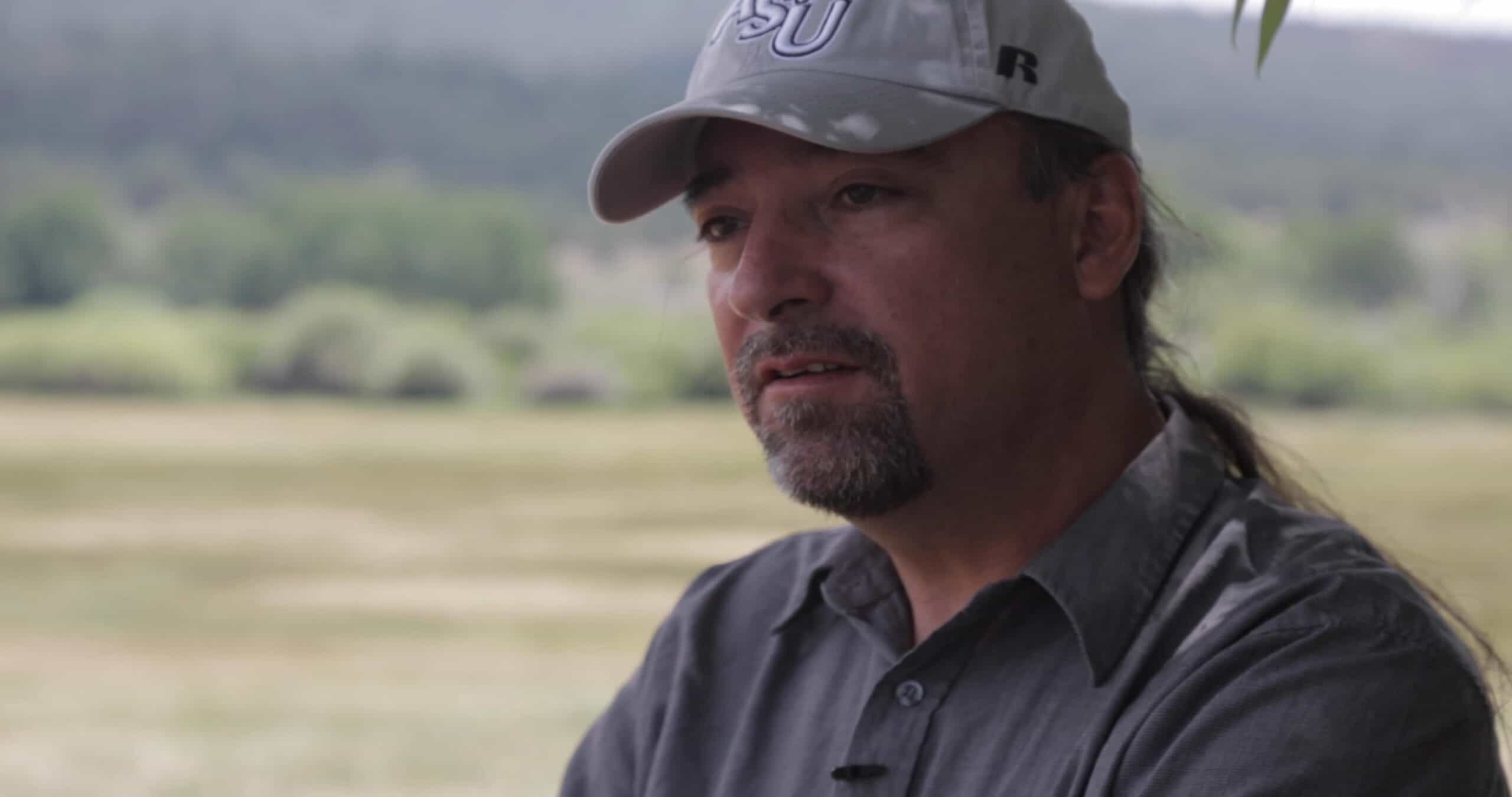
Joseph Lobato, Culebra Creek Centennial Ranch
“My family has been here for over 100 years; it’s home. We entered into this agreement with Colorado Open Lands to preserve this property and it’s been great. Just knowing that someday when I leave this earth, I know the land will remain the same, it gives me peace.” Joseph has had a conservation easement with COL since 2017
To download a comprehensive guide to conserving your land with Colorado Open Lands, please click here!
For new conservation easements, contact one of our team members:
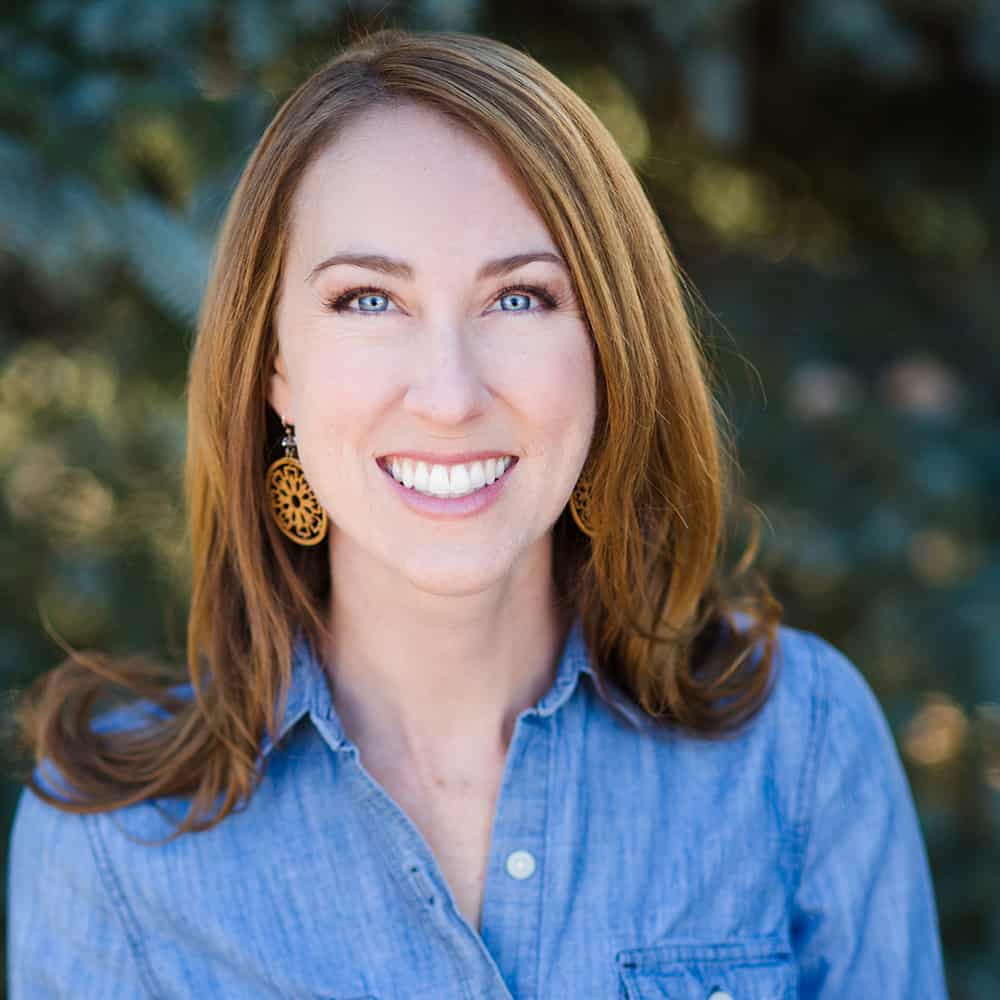
Sarah Parmar
Director of Conservation
303.988.2373 ext. 220
sparmar@coloradoopenlands.org
Lakewood Office Address
1546 Cole Blvd #200 Lakewood, CO 80401
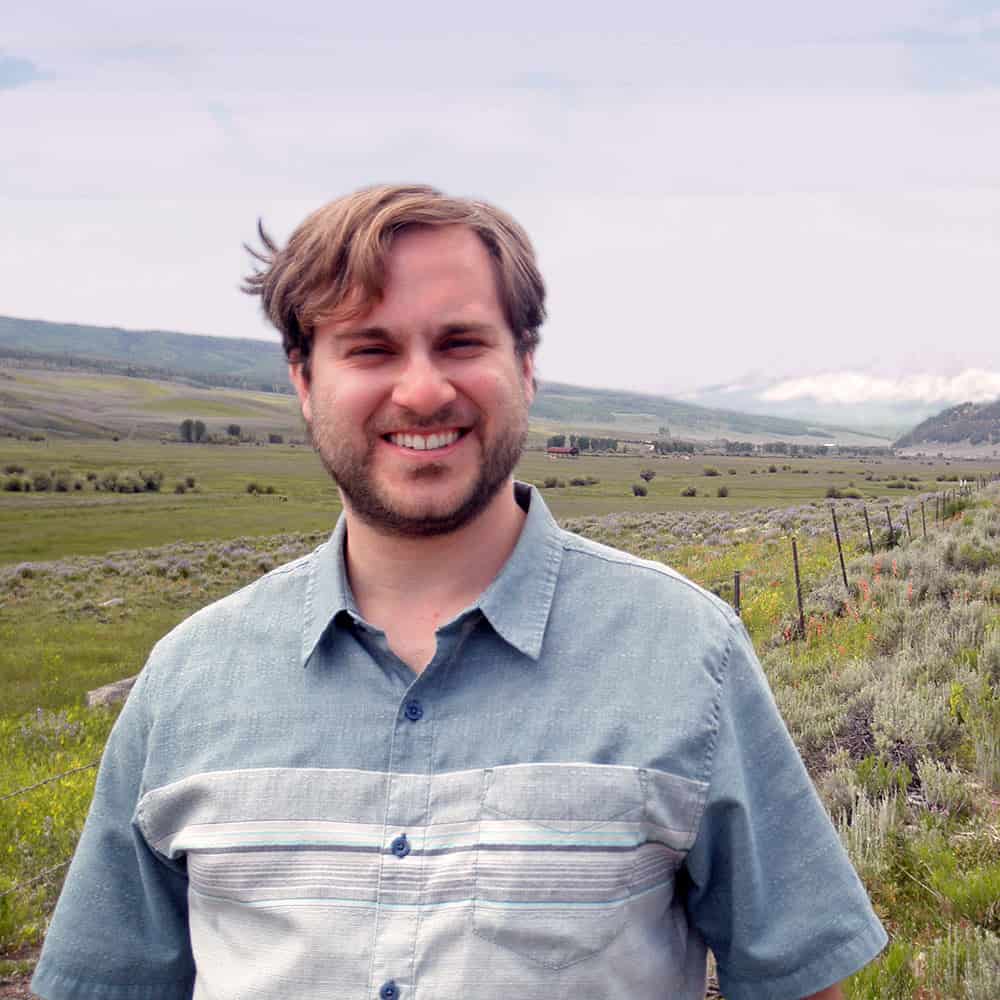
John Peters
Western Slope Senior Conservation Project Manager
303.988.2373 ext. 224
jpeters@coloradoopenlands.org
Lakewood Office Address
1546 Cole Blvd #200 Lakewood, CO 80401
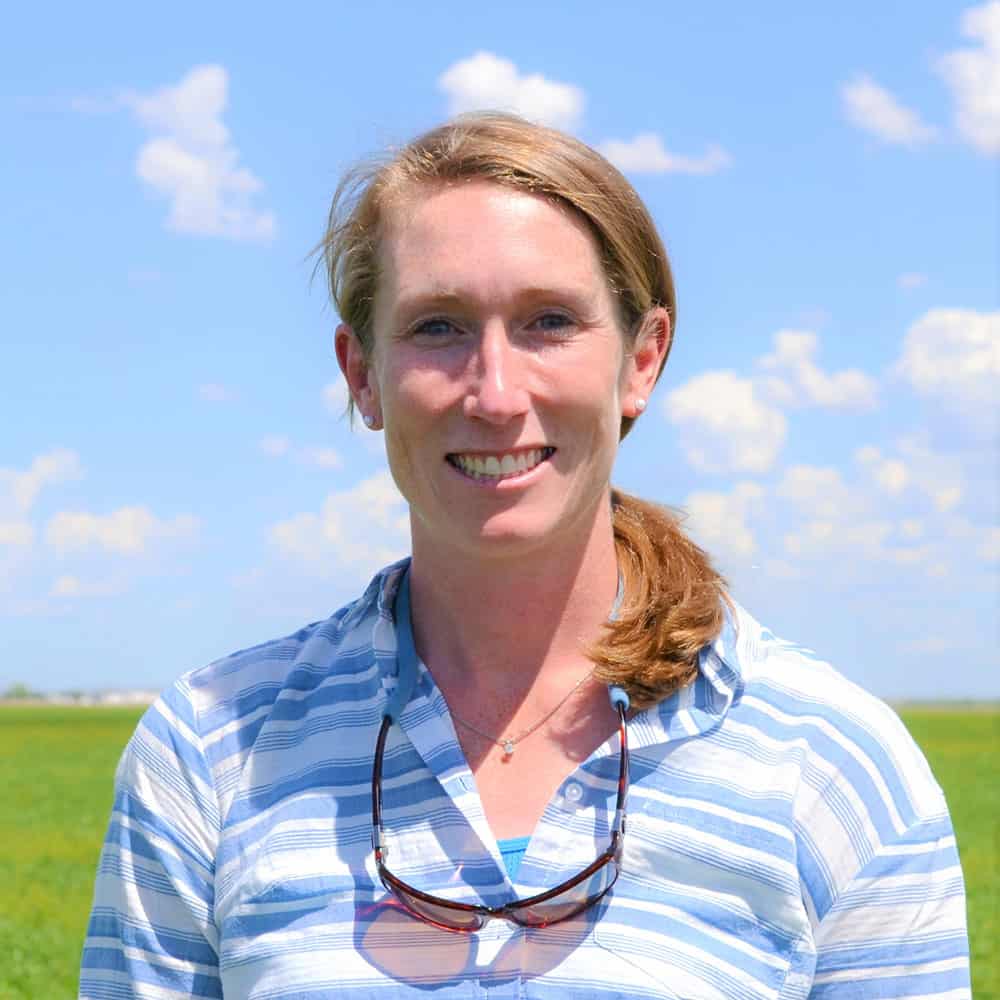
Carmen Farmer
Northern Colorado Senior Conservation Project Manager
970.287.2951
cfarmer@coloradoopenlands.org
Northern Colorado Address
PO Box 222 Fort Collins, CO 80522
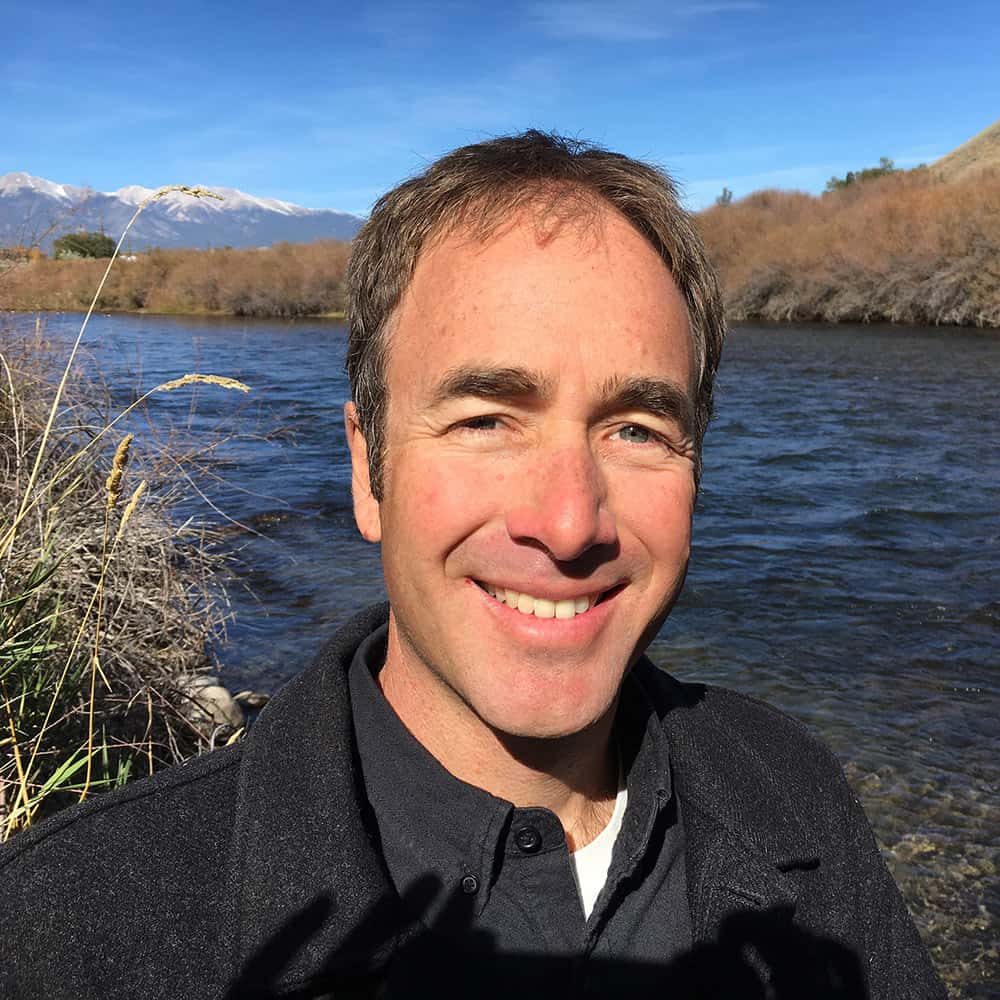
Ben Lenth
Central Colorado Senior Conservation Project Manager
719.319.8040
blenth@coloradoopenlands.org
Salida Office Address
123 G St Salida, CO 81201
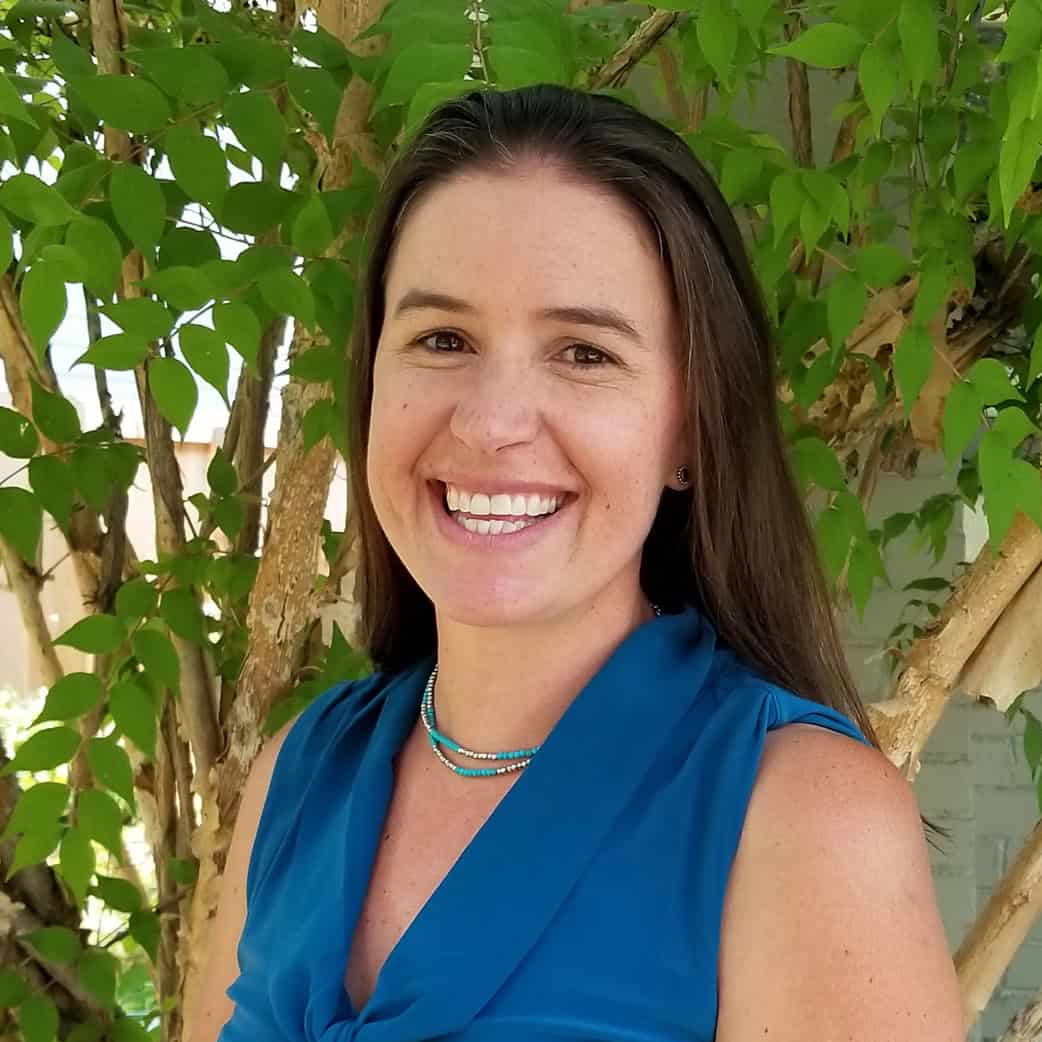
Courtney Bennett
Upper Colorado River Senior Conservation Project Manager
303.988.2373 ext. 227
cbennett@coloradoopenlands.org
Lakewood Office Address
1546 Cole Blvd. #200 Lakewood CO 80401
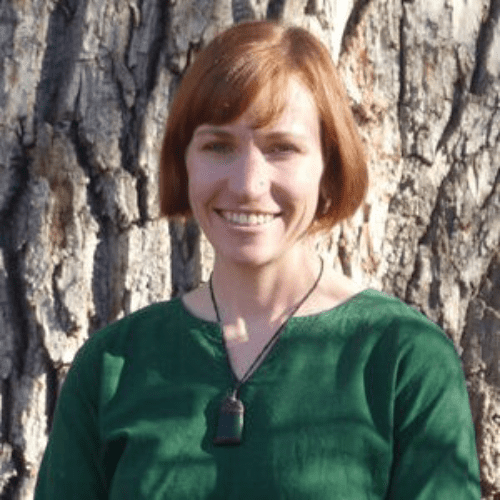
Sally Wier
San Luis Valley Groundwater Conservation Project Manager
719.319.0786
swier@coloradoopenlands.org
San Luis Valley Office Address
623 Fourth St Alamosa, CO 81101
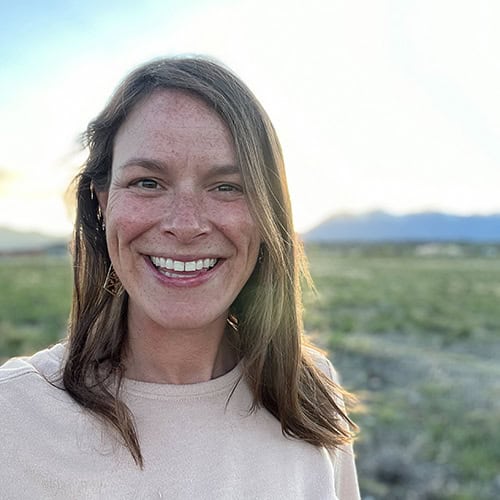
Kelsey Kirkwood
Conservation Project Associate
719.221.8513
kkirkwood@coloradoopenlands.org
Salida Office Address
126 G St Salida, CO 81201
Frequently asked questions about conservation easements:
What is a Conservation Easement?
A conservation easement is a voluntary legal agreement between a landowner and a land trust or government entity which contains permanent restrictions on the use or development of land in order to protect certain values of that particular property. The conservation easement is recorded in the county records and binds all current and future owners of the land. If you think of private property rights as a bundle of sticks, conservation easements give you a way to fulfill your intentions to protect your land by donating one of the sticks, like the right to subdivide and the right to commercially develop. Then you, the landowner, receive some tax benefits recognizing your donation. COL “holds” the conservation easement, but does not own the property or get involved in day-to-day management.
The majority of conservation easements that Colorado Open Lands holds protect working farms and ranches, wildlife habitat, and scenic views from public roads or nearby public land. A conservation easement does not allow the public to access your land (unless you want to allow access). A conservation easement does not prevent you from mortgaging, leasing, selling, or passing on your land, subject to the restrictions of the conservation easement.
What is a Land Trust?
A land trust (like Colorado Open Lands) is a private, non-profit organization with a mission to help landowners conserve properties with outstanding natural and agricultural values. Land trusts typically do this by holding conservation easements and ensuring that the terms of the easements are being followed. The land trust works with you to create the conservation easement document and agrees to care for, or “steward,” your conservation easement forever.
What are the benefits of conserving my land?
Conserving your land with COL may qualify you for a variety of financial benefits. These benefits are established at the federal, state and local level and by private organizations in order to encourage landowners to conserve their land.
Federal Tax Deduction
The donation of a conservation easement that meets federal tax code requirements may be considered a charitable gift, which can qualify for a charitable income tax deduction. The value of the gift is the difference between the value of the property prior to the easement donation and the value of the property after the easement donation, as determined by a qualified appraiser. The amount of the charitable income tax deduction is limited to 50 percent (10 percent for C corporations) of the landowner’s Adjusted Gross Income (AGI) in any one year. If the full deduction is not used completely in the first year, it can be carried forward for an additional fifteen years or until the donation is fully expended, whichever comes first.
If you are a farmer or rancher, the benefits are even better. If more than 50% of your gross income comes from agricultural activities, you can deduct up to 100 percent of your income per year up to a maximum of sixteen years up to the donated easement value.
Estate Tax Incentive
Extinguishing some or all of the development rights for a property through a conservation easement may reduce the value of the land for estate tax purposes to the after-easement value, thus reducing the estate taxes. This could provide a substantial benefit for family members. In addition, Section 2031(c) of the Internal Revenue Code provides an estate tax exclusion from the gross estate of up to 40% of the remaining encumbered value of the land (excluding any improvements on the land) protected by a qualified conservation easement. The exclusion is capped at $500,000 and is reduced if the conservation easement reduced the land’s value by less than 30% at the time of the contribution. To qualify, the easement must prohibit all but “de minimis commercial recreational use.” (26 USC §2055, 26 CFR §1.2055 and 26 USC §2013(c))
Colorado State Tax Credits
Colorado taxpayers may be eligible for a transferable state income tax credit for the donation of a qualified conservation contribution. Unlike a deduction, a credit provides a dollar for dollar write-off on taxes owed. For conservation easements completed in 2021 or later, the tax credit is valued at 90% of the appraised conservation easement value up to a maximum credit amount of $5,000,000. These tax credits can be claimed in $1.5 million increments per year and can be used over a 20-year period. The donor of the qualified conservation contribution can also sell all or part of the tax credit to other Colorado taxpayers at approximately $0.85 per dollar. Colorado Open Lands can provide information on conservation easement tax credit brokers who assist with the sale of tax credits, including application to the state for a tax credit certificate.
Property Tax Benefits
For agricultural properties consisting of at least 80 acres (or if less than 80 acres and no residential structures), you may be entitled to maintain agricultural classification after a conservation easement is placed on your property, even if agricultural use later ceases. The agricultural property tax rate is typically lower than other classifications. For non-agricultural properties, the donation of a conservation easement on your property may reduce the amount that you pay in property taxes. (House Bill 95-1268, CRS §39-1-102(1.6)(a)(III) and §CRS 38-30.5-109)
Grant-Funding
In rare cases, Colorado Open Lands may be able to raise funds through various grant programs to pay for a portion of the value of your conservation easement. These funding programs are highly competitive and different funding sources may require particular restrictions in a conservation easement. COL will work with you to determine if your property qualifies for available funding programs. Even when we can raise funds for a conservation easement, a certain percentage of the value of the conservation easement is typically donated. You may then be eligible for tax benefits, based on the donated value of the conservation easement. This is known as a bargain sale. The bargain sale of a conservation easement is usually at least a two-year process.
Intangible Benefits
By placing a conservation easement on land, the important natural resources provided by the land are protected forever. This provides a community resource – scenic views, productive agricultural land, recreational opportunities and wildlife habitat. Conserving land is also a way to ensure that future generations are able to live and work on the land. This may offer a way to keep the land within the family. A deep appreciation for the land and the benefits that it offers are both ideals inherent to conserving land.
What Kind of Land is Eligible for Conservation?
Colorado Open Lands works with all types of land and landowners for a customized approach. We are particularly interested in land protection that preserves scenic views, working lands (farms and ranches), wildlife habitat, and water resources. Please call us today and we would be happy to help you determine if a conservation easement is right for you and your family.
What's the process and timeline?
Placing a conservation easement on your property is a very personal, individual process. There are several steps that are necessary to complete before and after the conservation easement is signed. Our staff will assist you with each step, making the process easier for you and your family.
Title Commitment
COL will order a copy of a current title commitment for your property that contains a legal description of the property, ownership, mineral estate ownership, mortgages and liens. The cost for obtaining a title commitment is often included in the premium charged for the title insurance policy.
Title Insurance Policy
Although the title commitment identifies any known exceptions to title, it does not insure the title. The purpose of purchasing a title insurance policy is to protect Colorado Open Lands from any loss sustained because of defects in the title other than those specifically excluded in the policy. The amount of the policy equals the appraised value of the conservation easement, and the title company will charge a premium based on this policy amount.
Subordination Agreement
The IRS requires that any mortgage or lien interests be subordinated to the conservation easement. If your lender or lienholder cannot or will not subordinate, your easement conveyance will not be a qualified conservation contribution under the Internal Revenue Code. Colorado Open Lands will be available for consultation with the lender or lienholder.
Survey
If there is a question regarding the legal boundaries of your property, a survey may be necessary.
Mineral Rights
If you do not own 100% of the mineral rights on or under the property, IRS Code requires that a letter be prepared by a geologist to determine the probability of extraction of minerals from the property by surface mining is “so remote as to be negligible” (language in quotations is from the Code). If the report does not reach this determination, then your project will not be a qualified conservation contribution.
Appraisal
If the donation of the conservation easement is intended to be a qualified conservation contribution, you must have a qualified appraisal to document the value of your gift. The IRS has specific requirements that define a “qualified appraiser” and what constitutes a “qualified appraisal.” Colorado Open Lands will require a copy of the appraisal, and will not knowingly participate in a project where we have significant concerns about the value of the gift.
Deed of Conservation Easement
COL will negotiate with you the terms of the conservation easement and draft the Deed that conveys the conservation easement from you to Colorado Open Lands. We strongly encourage you to have the Deed reviewed by your own attorney (see below). Understanding exactly what the conservation easement says – and importantly – that it says what you want it to say and means what you intend it to mean, is your most important task as a landowner.
Present Conditions Report
A Present Conditions Report (also known as a “Baseline Report”) is an IRS requirement which must be prepared to document the resources on and conditions of the property at the time the conservation easement is conveyed. The baseline report will need to be prepared by a qualified preparer and approved as accurate by you.
Environmental Assessment
In a few cases, it may be necessary to complete an environmental assessment of the property to determine the probability that the property has been contaminated with toxic waste or hazardous materials. This report is required in connection with limiting certain liabilities, and must be prepared by a qualified consultant.
IRS Tax Form 8283
Upon completion of your conservation easement donation, Colorado Open Lands will work with you and your tax professional to complete the appropriate portions of the IRS Form 8283 for Non-Cash Charitable Contributions. The form must be submitted with your federal tax return. The cost of this is included in Colorado Open Lands’ project fee.
Obtaining and Selling the Tax Credit
If you are interested in selling your tax credit, Colorado Open Lands can provide a list of tax credit brokers for your consideration. In order to claim a Colorado Tax Credit for a conservation easement donation, a donor must obtain a tax credit certificate from the State. The application for the tax certificate is made to the Colorado Division of Real Estate, which reviews the conservation easement, appraisal and other documentation to determine if it meets State requirements for a tax credit.
Colorado Open Lands Legal Advice
Although we strive to keep our legal costs down, we will incur legal expenses related to (1) modification of our standard easement provisions; (2) title issues; (3) coordinating closings or (4) other issues with legal implications. If your conveyance is unusually complicated or there is a specific issue of concern that we believe will require extensive legal consultation, Colorado Open Lands will discuss potential legal costs with you before incurring them.
Landowner Professional Fees
As mentioned above, we strongly encourage you to seek your own independent professional advice concerning legal, financial, tax, estate planning, real estate, and accounting matters associated with the conveyance of a conservation easement.
Other Costs
Closing fees, courier fees and other miscellaneous costs related to the project sometimes occur.
Stewardship Endowment
We always request a one-time contribution from landowners as a stewardship endowment for their easement. This contribution covers expenses related to annual monitoring of the property, as well as possible legal costs associated with defending the terms of the conservation easement in court. We will be happy to provide you with an estimate of what it will cost to endow your conservation easement. While this is a one-time contribution, it will perpetually endow your easement.
For an overview of the average timeline to complete the process, click here.
How do I begin the process of conserving my land?
To begin the process, we recommend that you meet with one of our land protection staff members to determine if Colorado Open Lands is the right fit for your conservation easement. If for any reason, we determine that we are not the best fit, we can often provide contact information for other groups that may be able to work with you.
Can COL provide references from other landowners?
We would be happy to provide names and contact information of other satisfied landowners in your area. Please contact our Director of Land Stewardship Cheryl Cufre via email or at 303.988.2373 ext. 219
Why should I conserve my land with COL instead of another land trust?
Consider us the Goldilocks of land protection. We’re large enough to have significant resources, but small enough so that you still get a personalized approach, and a highly skilled and knowledgeable staff member to walk you through each step of the process. In some cases, we may be able to provide funding to help cover your upfront costs. We’ve been in business successfully protecting land since 1981, and we have the resources and support to continue protecting land in perpetuity.
The information on this website does not constitute legal, financial or tax advice. Landowners are strongly encouraged to retain qualified legal and other advice before conserving their land.

